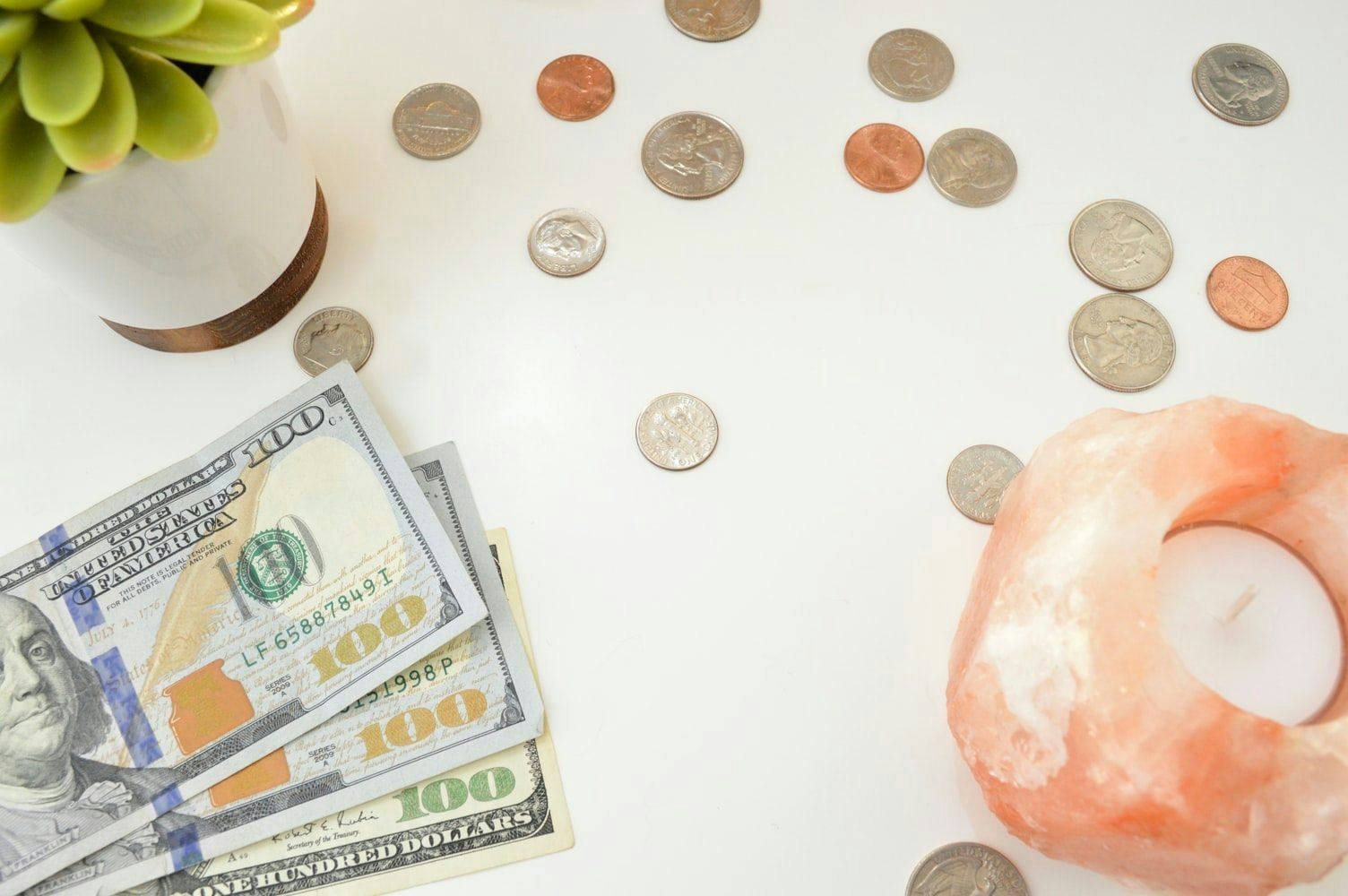With US unemployment still at record highs and layoffs and closures continuing unabated ahead of the expiring of many relief programs, calls for a second stimulus package are louder than ever. This week, a group of 156 economists signed a letter collectively calling not only for a second cash payment, but recurring, automatic relief until the COVID-19 pandemic passes and the economy recovers. Among the signatories was Jason Furman, who was an economic advisor to President Obama. Ongoing relief would come with an extraordinarily high price tag, but experts are convinced it’s the only way to save the economy and support American families. With Congress returning in a week, there may be a new stimulus package signed by early fall. We’re breaking down what the economists are pushing for and why, and what recurring payments might look like.
More Stimulus Money Could Increase Consumer Spending
The main advantage to more stimulus money, the economists argue, would be to increase consumer spending. ⅔ of the US GDP is consumer spending, so driving up spending is an important factor to keeping businesses afloat and reviving communities. Some are concerned that Americans would not spend future stimulus money but would save it instead, which wouldn’t jumpstart the economy. But research has already shown that, especially among low-income Americans, the first check was spent quickly, so more payments would likely be as well. “Regular direct stimulus payments tied to economic indicators will help families stay afloat and drive economic activity,” the letter says.
Besides cash payments, the economists mention support for extending and increasing unemployment benefits and expanding food programs like SNAP.
Recurring Payments Would Prevent the Economy from Backsliding
With the US already on the edge of a double-dip recession (a recession with two declines), it is critical that future COVID-19 aid be effective enough to sustain the economy over the long term. The economists who penned the letter felt that a single payment would not be sufficient to protect the US economy from spiraling. During the Great Recession, U.S. government aid was not considered effective by the economic community because it did not stimulate enough economic activity, and they’d like to avoid the same instance during the pandemic.
“Many economists believe our response to the Great Recession was too small and too brief, slowing the recovery and causing preventable harm particularly to low-income people. Cash assistance is an important element of economic aid, injecting resources through direct stimulus payments and refundable tax credits into low- and middle-income households that need help and are likely to spend it,” the letter says.
There Have Been Proposals for Recurring Aid
This isn’t the first time that recurring cash payments have been floated as a COVID-19 aid proposal. In fact, Kamala Harris, Ed Markey and Bernie Sanders introduced a bill in May that would have, if passed, allowed for $2000 monthly payments to every American adult (and many children and dependents) until the conclusion of the pandemic. But the bill faced significant opposition at the time. Now that the virus has surged throughout the country and lawmakers on both sides of the aisle have acknowledged the need for more aid, it’s possible recurring payments will gain more traction.
As Congress prepares to return after its recess, there will likely be a second coronavirus relief bill passed soon, and experts are pushing for recurring, no-strings-attached aid rather than tax breaks or single payments in order to stimulate spending and protect jobs. We will keep you updated as we know more. You can read more of our COVID-19 coverage here.

